Assistance from China helps foster greater local self-reliance
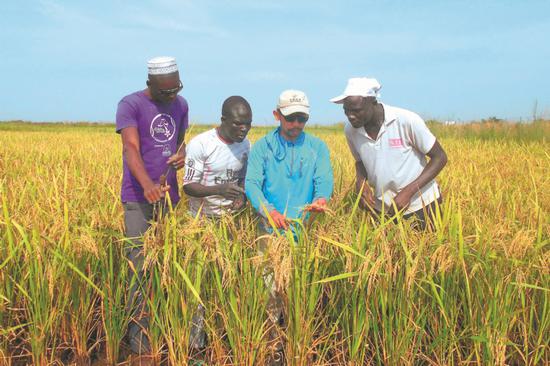
Liang Suiquan monitors the growth of rice at a demonstration plot in Guinea-Bissau, with three local farmers. (Photo Provided to CHINA DAILY)
Bringing along 75 kilograms of citrus branches, local tea and grafting materials, Liang Suiquan recently arrived in Malawi for his third agricultural aid mission to Africa.
Liang will serve as an expert in fruit trees, focusing on mangoes, apples and citrus fruits over the next two years as part of a project between China and the United Nations' Food and Agriculture Organization.
The project aims to foster the sharing of agricultural knowledge and strengthen ties between developing countries.
The 55-year-old, a recognized agricultural expert from Yichang, Hubei province, has devoted his career to agricultural extension services since he was 18.
In 2014, Liang embarked on his first overseas mission to Chad, where he provided technical aid on conventional and hybrid rice. In 2019, he continued his work in Guinea-Bissau, supporting sweet potato and rice cultivation.
"My wish is simple: to make rice more fragrant and fruit sweeter, bringing quality produce to everyone," he said, explaining his motivation to return to Africa.
Liang's hometown is known for its citrus, so it is the fruit he knows best. He selected a few local citrus branches to bring to Malawi for grafting, testing their adaptability to the African climate.
"To start work quickly, I brought three large suitcases, totaling 75 kg of supplies," he said.
He began working immediately upon arrival in Malawi.
His techniques for mangoes and citrus proved popular among farmers in Guinea-Bissau, as locals are unfamiliar with these methods.
Liang is a tireless Chinese farmer. Beyond offering guidance on rice, he experiments with grafting mangoes, citrus and other fruit trees.
"I noticed local technicians grafting one branch per tree, which was inefficient. So, I divided the mango tree into upper, middle and lower sections for grafting — a method I call the 'three-step grafting technique'," he said.
Liang's new method helps plants recover faster, sparking interest among local farmers. He teaches grafting hands on, mentoring African trainees like local worker Papa, creating sample trees that will support later large-scale practices.
Liang sees China's African support as more than just financial aid and material assistance — it involves imparting essential technical knowledge for sustainable development.
"Just as the old Chinese proverb: Give a man a fish, and you feed him for a day; teach a man to fish and you feed him for a lifetime," he said.
In Guinea-Bissau, Liang and his team worked for programs from rice training to crop variety breeding, with their Sabe-12 rice variety becoming a local favorite.
By 2020, their guidance on mechanized, high-yield cultivation boosted yields to 5 to 8 metric tons per hectare, three to four times the local average, significantly increasing rice production and reducing dependency on the UN Food and Agriculture Organization.
This success has directly boosted local rice production, with more farmers now involved.
Each season, Liang's team provides 15 tons of rice seeds to local farmers for free and gives multimedia guides on topics such as planting techniques and tractor maintenance.
"This reduced the country's reliance on FAO-provided seeds, easing food shortages and reducing hunger in rural areas," Liang said.
The success of Sabe-12 was praised by Guinea-Bissau's O Democrata journal as a "symbol of friendship" with China.
"Helping one another is at the heart of China-Africa exchanges," he said.
Liang plans to select and cultivate fruit tree varieties suited to Malawi, establishing model orchards and training local farmers. He aims to introduce China's agricultural supply chain model to Malawi, laying a foundation for future agricultural trade between the two countries.
He said he has learned skills he couldn't acquire at home, but believes this is just the beginning.
"I not only want to share my expertise in citrus and mango cultivation but also to study in unfamiliar areas during my time in Africa," Liang added. "We should always keep learning."









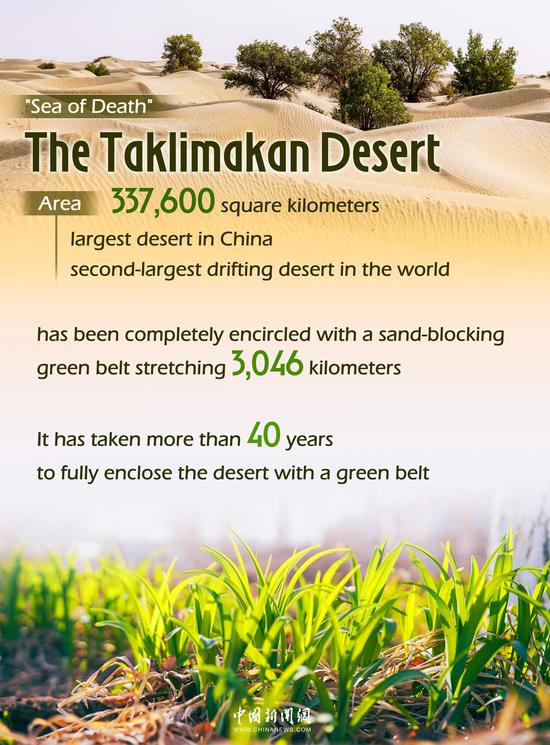
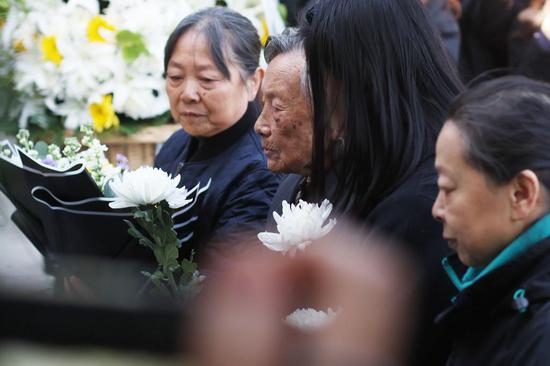

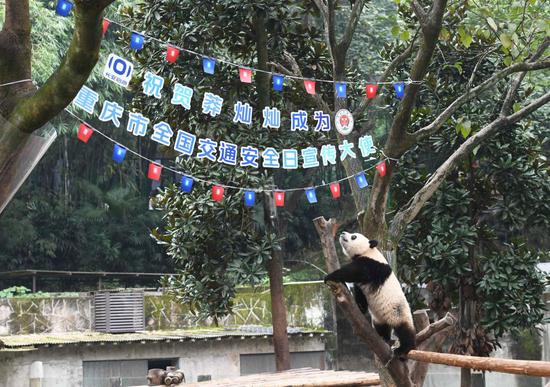
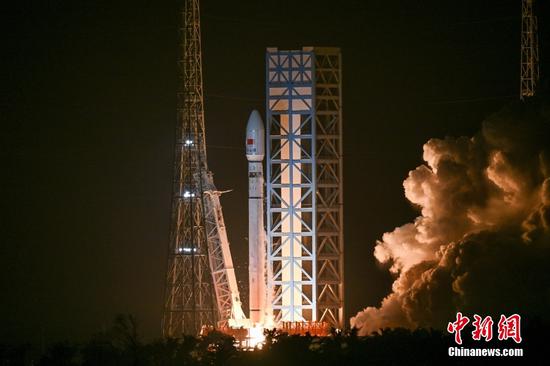

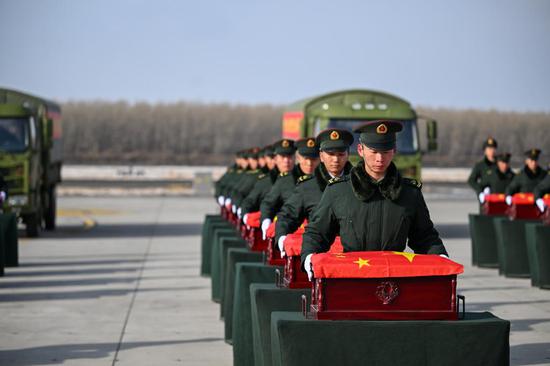





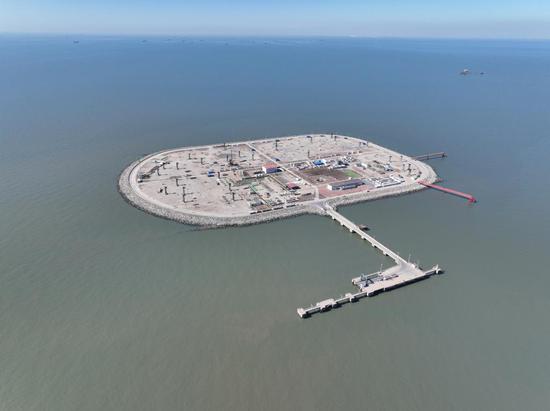

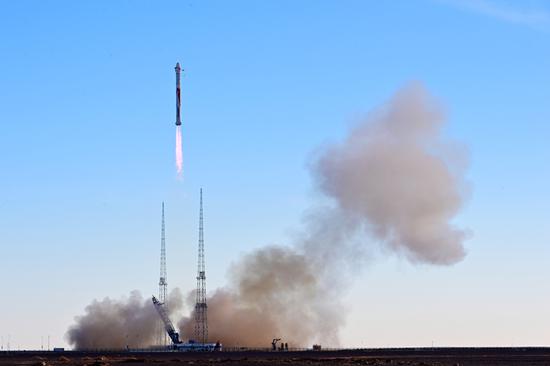
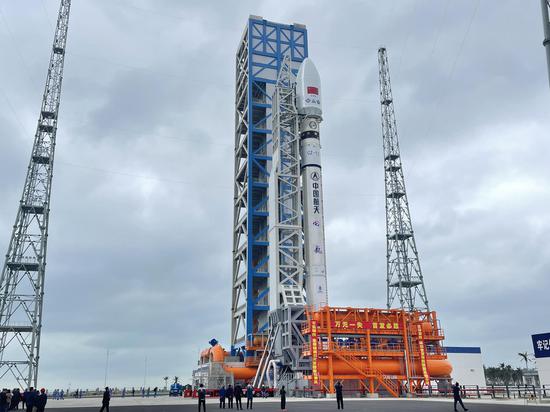
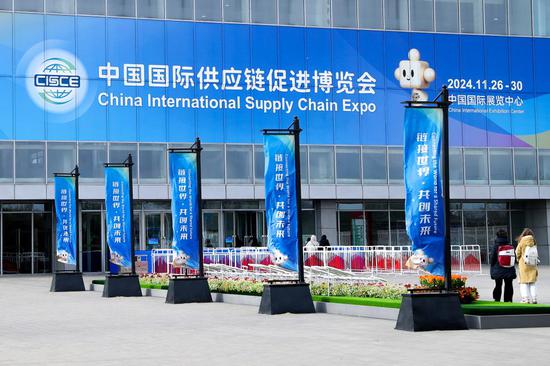
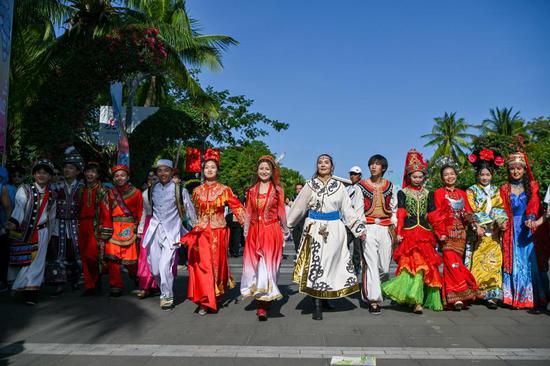
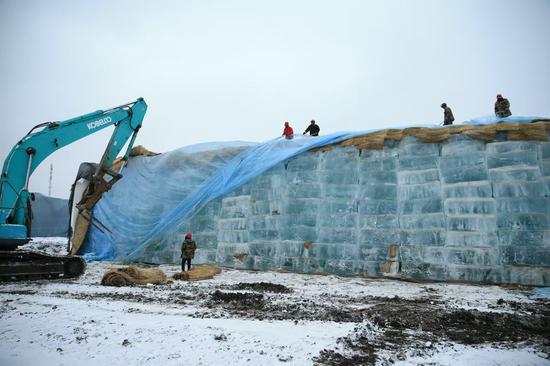
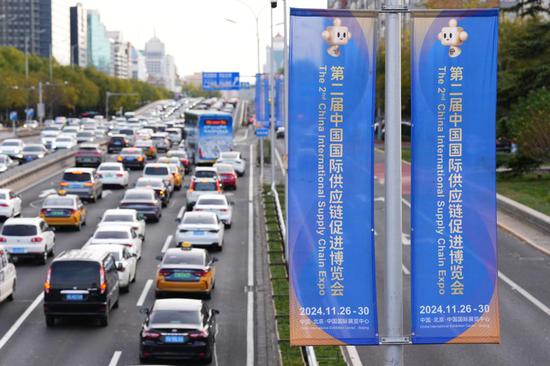


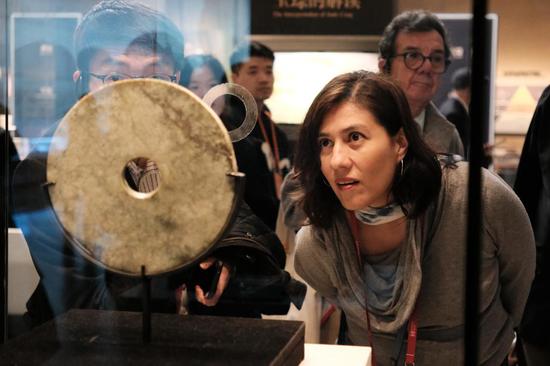
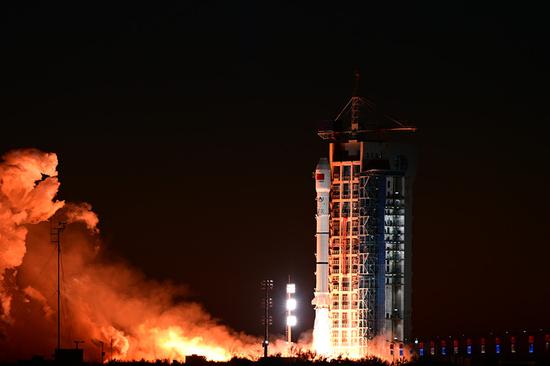

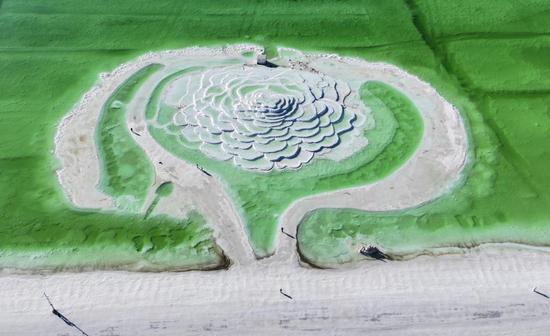
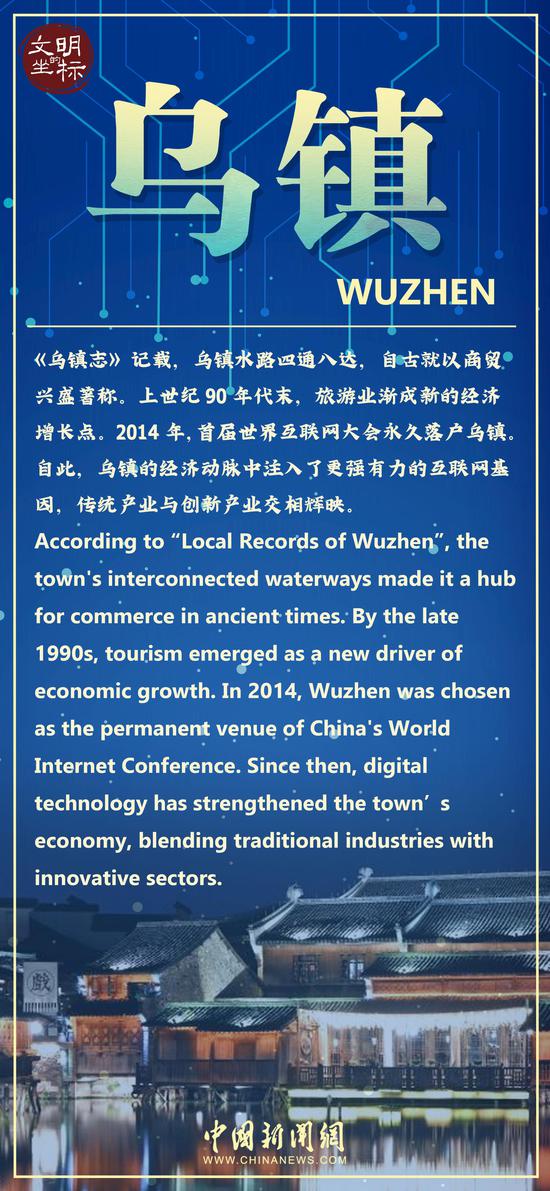
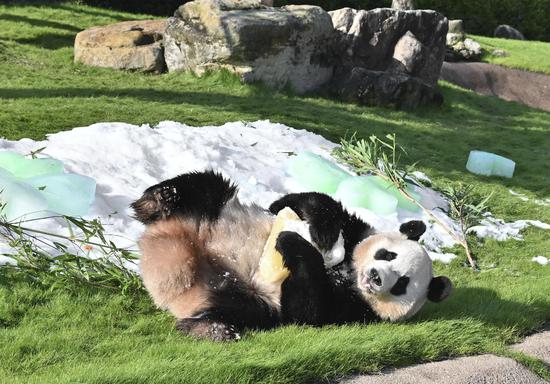
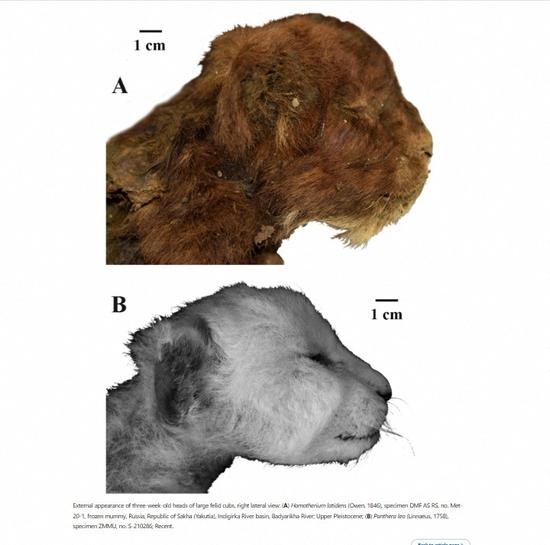

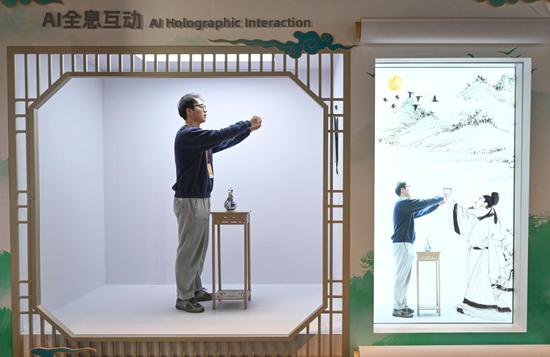


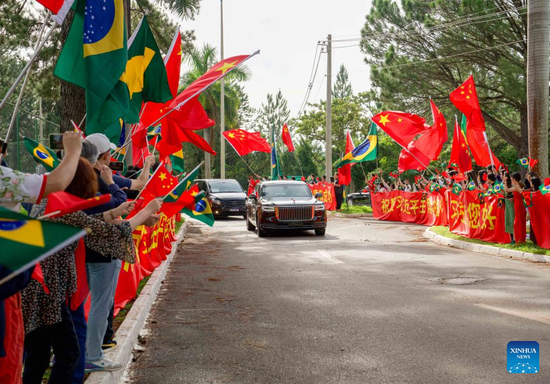

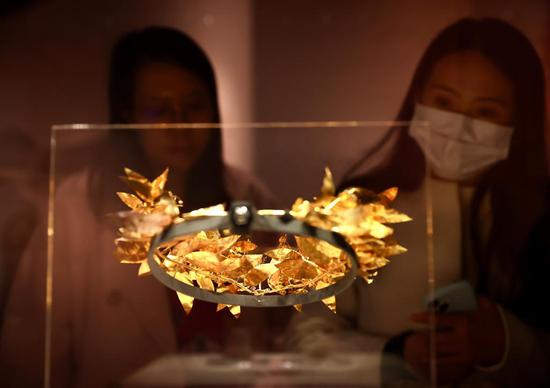

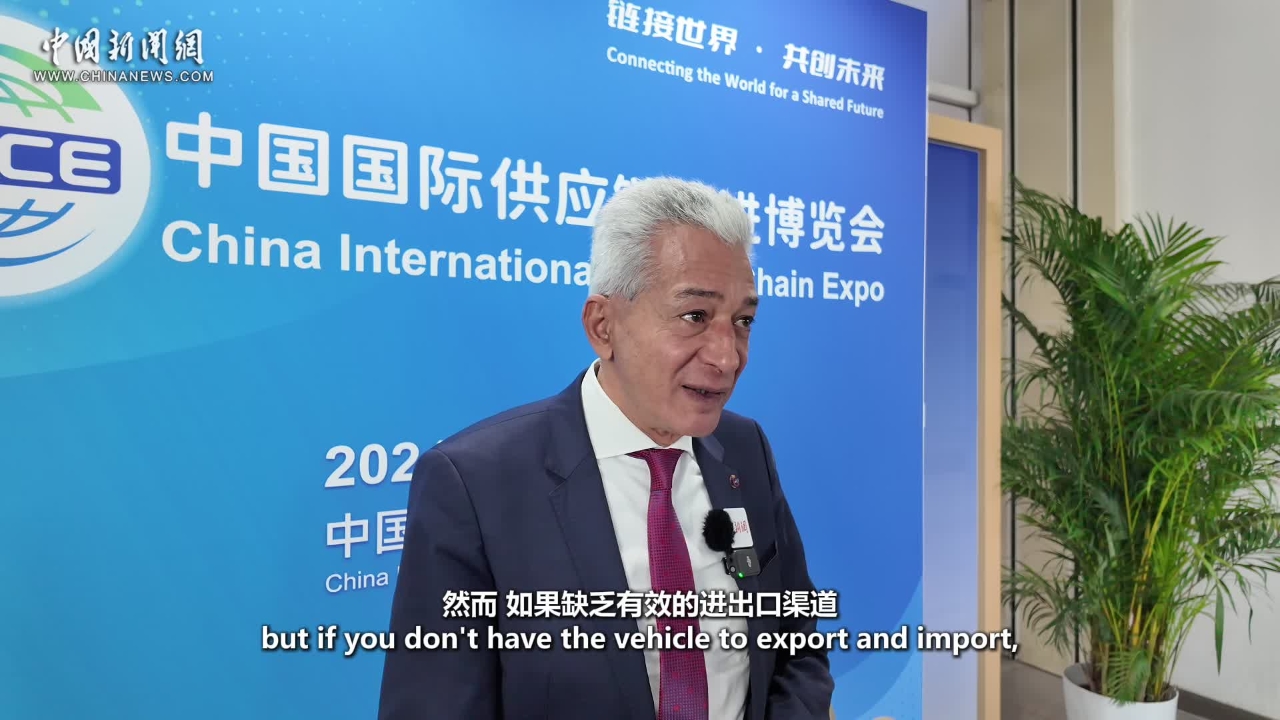



 京公网安备 11010202009201号
京公网安备 11010202009201号